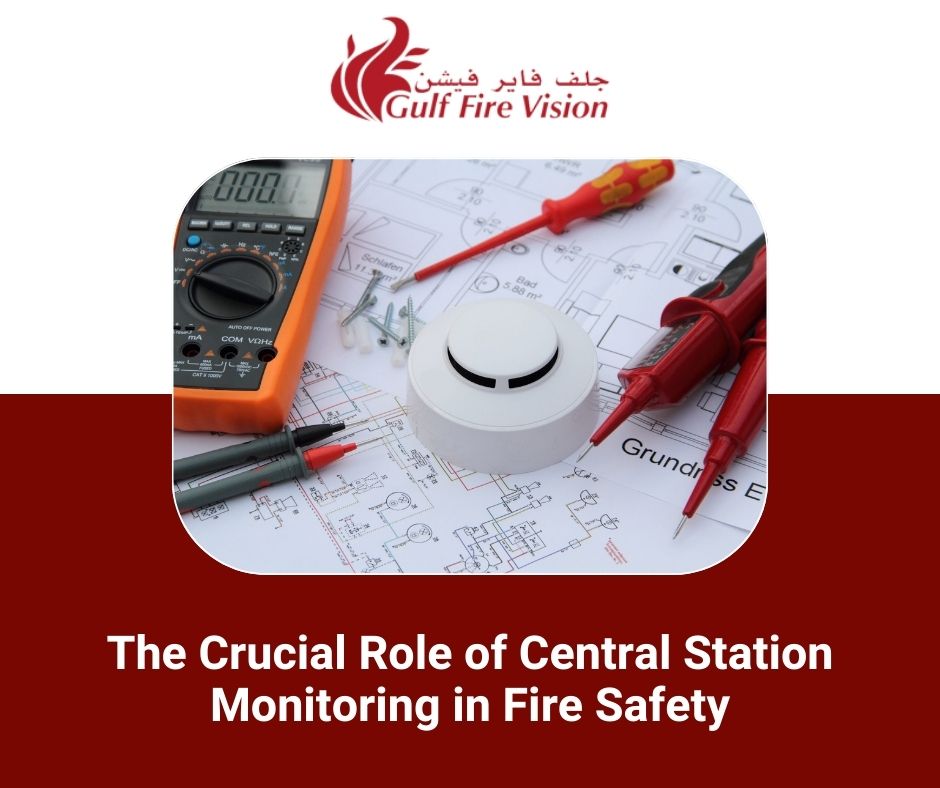
In the realm of fire safety, vigilance and rapid response are paramount. As technology continues to advance, the landscape of fire prevention and detection evolves with it. One integral component of modern fire safety systems is central station monitoring. In this blog post, we’ll delve into the significance of central station monitoring and its crucial role in safeguarding lives and property.
What is Central Station Monitoring?
Central station monitoring involves the continuous surveillance of fire alarm systems by a remote monitoring center, known as the central station. This center is staffed 24/7 by trained professionals who oversee incoming signals from fire alarm systems installed in various locations, such as residential buildings, commercial properties, and industrial facilities.
How Does Central Station Monitoring Work?
When a fire alarm system detects a potential fire hazard, it sends a signal to the central station monitoring center. Upon receiving the signal, operators at the central station swiftly assess the situation and take appropriate action. This may involve notifying the local fire department, dispatching emergency responders to the location, and alerting designated contacts specified by the property owner or manager.
Key Benefits of Central Station Monitoring:
1. Prompt Response: Central station monitoring ensures that potential fire incidents are detected and addressed promptly. The swift response facilitated by monitoring professionals can significantly reduce the impact of fires and minimize property damage.
2. Round-the-Clock Surveillance: With central station monitoring, fire alarm systems are monitored 24 hours a day, 7 days a week. This constant vigilance provides peace of mind to property owners, knowing that their premises are under continuous surveillance, even during non-business hours or periods of low occupancy.
3. Enhanced Reliability: Central station monitoring adds an extra layer of reliability to fire safety systems. In the event of a fire alarm activation, the signal is immediately transmitted to the central station, ensuring that no alarms go unnoticed or unaddressed.
4. Remote Access and Management: Central station monitoring enables remote access to fire alarm system data, allowing monitoring professionals to diagnose issues, perform system tests, and provide support without the need for onsite visits. This remote management capability enhances efficiency and reduces downtime for maintenance and troubleshooting.
Central station monitoring plays a pivotal role in modern fire safety by providing continuous surveillance, prompt response, and enhanced reliability. By entrusting their fire alarm systems to central station monitoring services, property owners can take proactive measures to protect lives and property against the devastating impact of fires. At Gulf Fire Vision, we recognize the critical importance of central station monitoring in ensuring comprehensive fire safety solutions for our clients. Contact us today to learn more about our central station monitoring services and how we can help safeguard your premises against fire hazards.
